125 GPTs for Music Theory Powered by AI for Free of 2026
AI GPTs for Music Theory are advanced artificial intelligence tools designed to assist with tasks and topics related to music theory. Utilizing the capabilities of Generative Pre-trained Transformers (GPTs), these tools offer tailored solutions for analyzing, understanding, and creating music. They serve as invaluable resources for exploring the complexities of music theory, providing insights into composition, harmony, melody, and rhythm through a combination of deep learning algorithms and vast datasets. The significance of these GPTs lies in their ability to adapt to various levels of inquiry within the music theory domain, making sophisticated analyses accessible to both novices and experts alike.
Top 10 GPTs for Music Theory are: Music Teacher,Udio Music Creator,Guitar Tutor,Guitar Tabs and Chords,Music Guide,Music Maker,Music Bot,Music Mentor,Music Maestro,Music Generator
Music Teacher
AI-powered music education tailored to you.
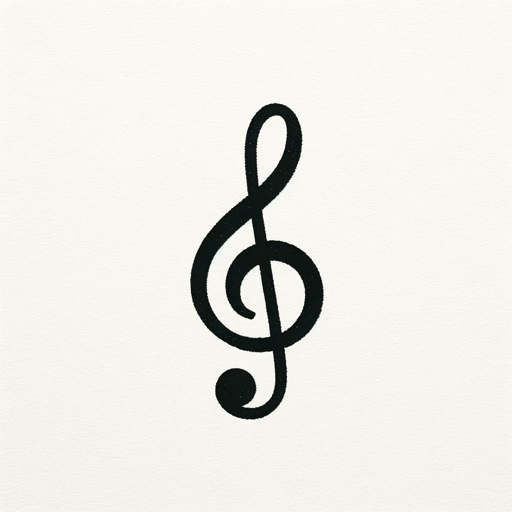
Udio Music Creator
AI-powered assistant for music creation.

Guitar Tutor
Strum the AI Way: Learn, Play, Thrive
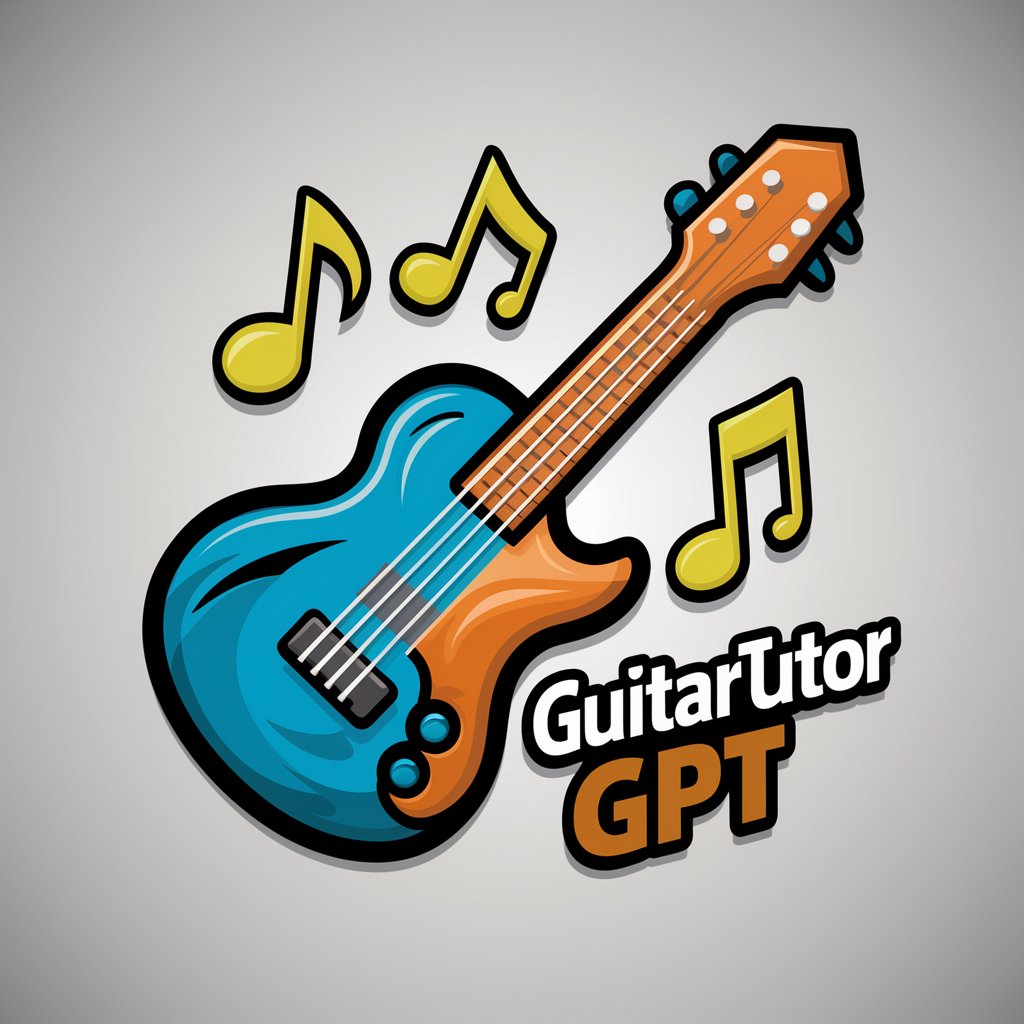
Guitar Tabs and Chords
Master Guitar with AI-Powered Tabs and Chords
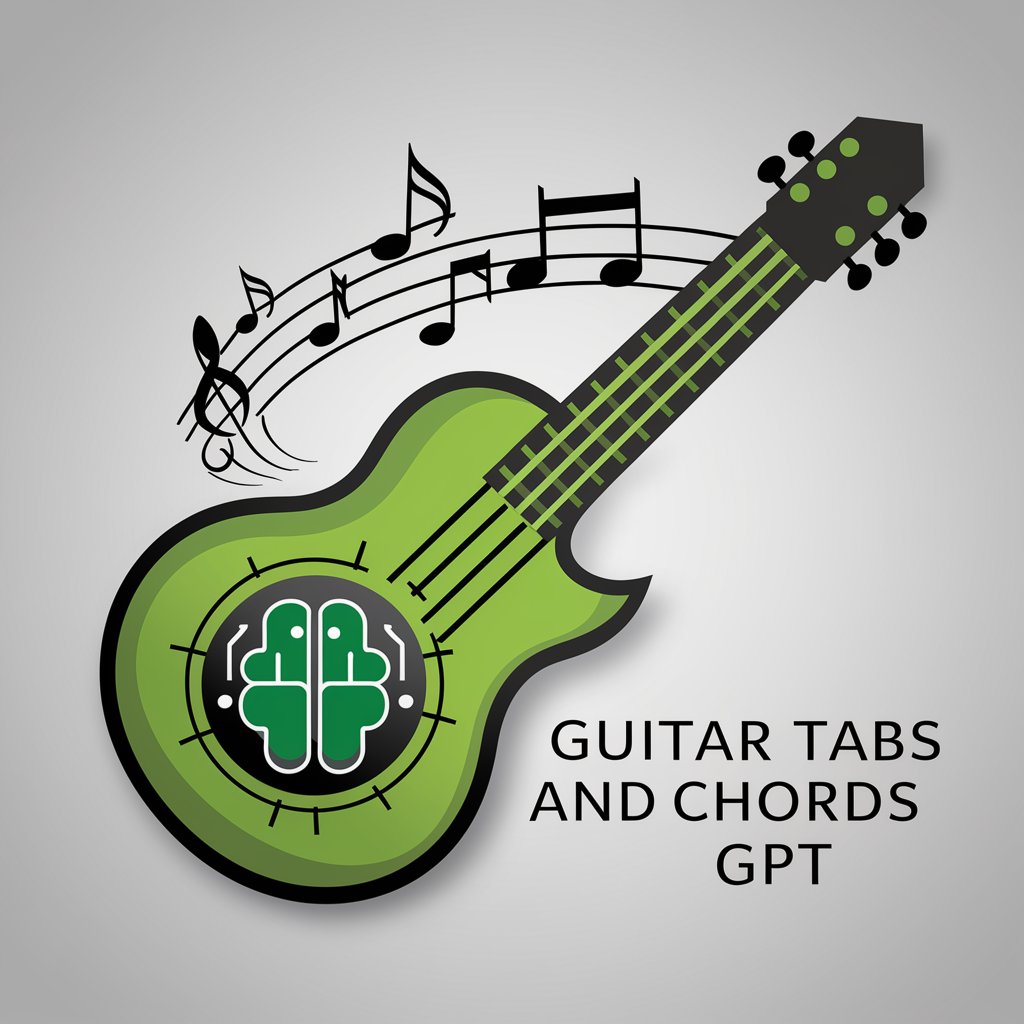
Music Guide
Decoding Music with AI Expertise
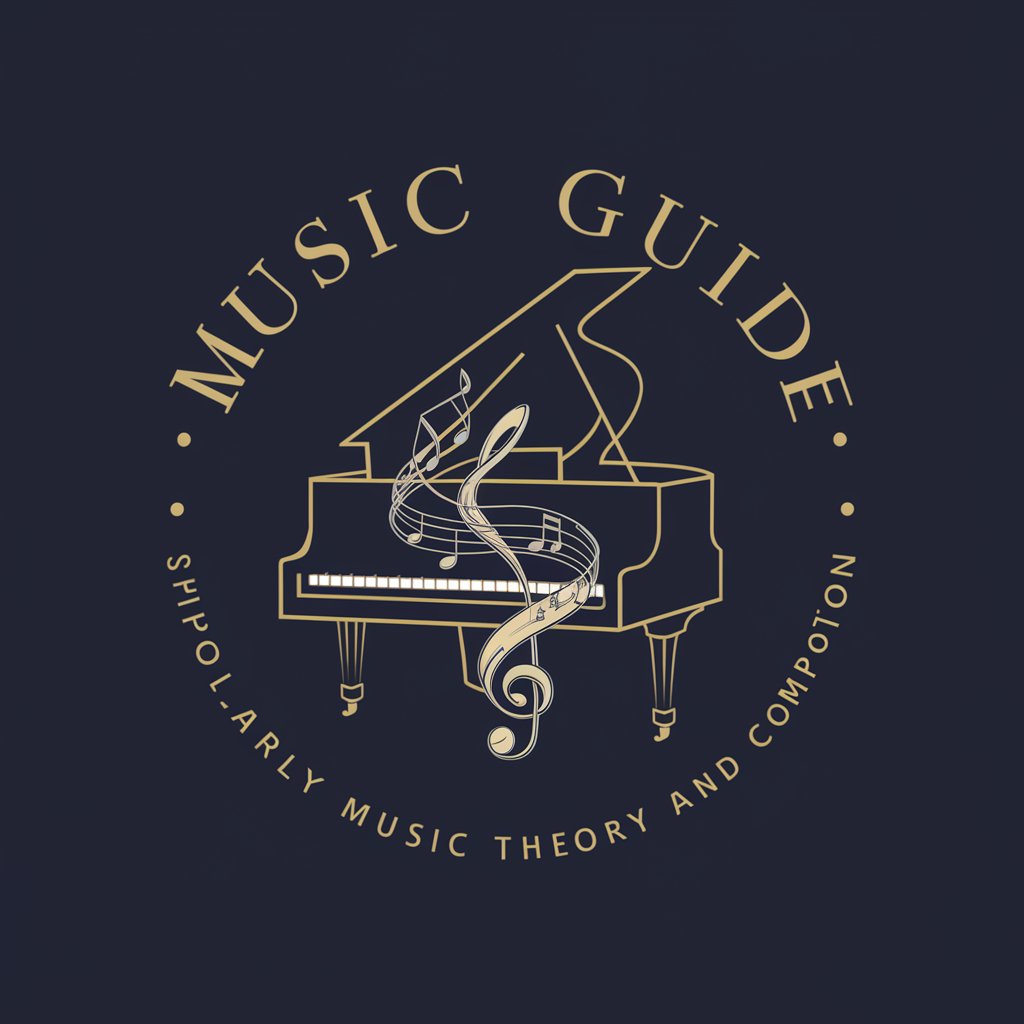
Music Maker
Compose, Visualize, and Innovate with AI
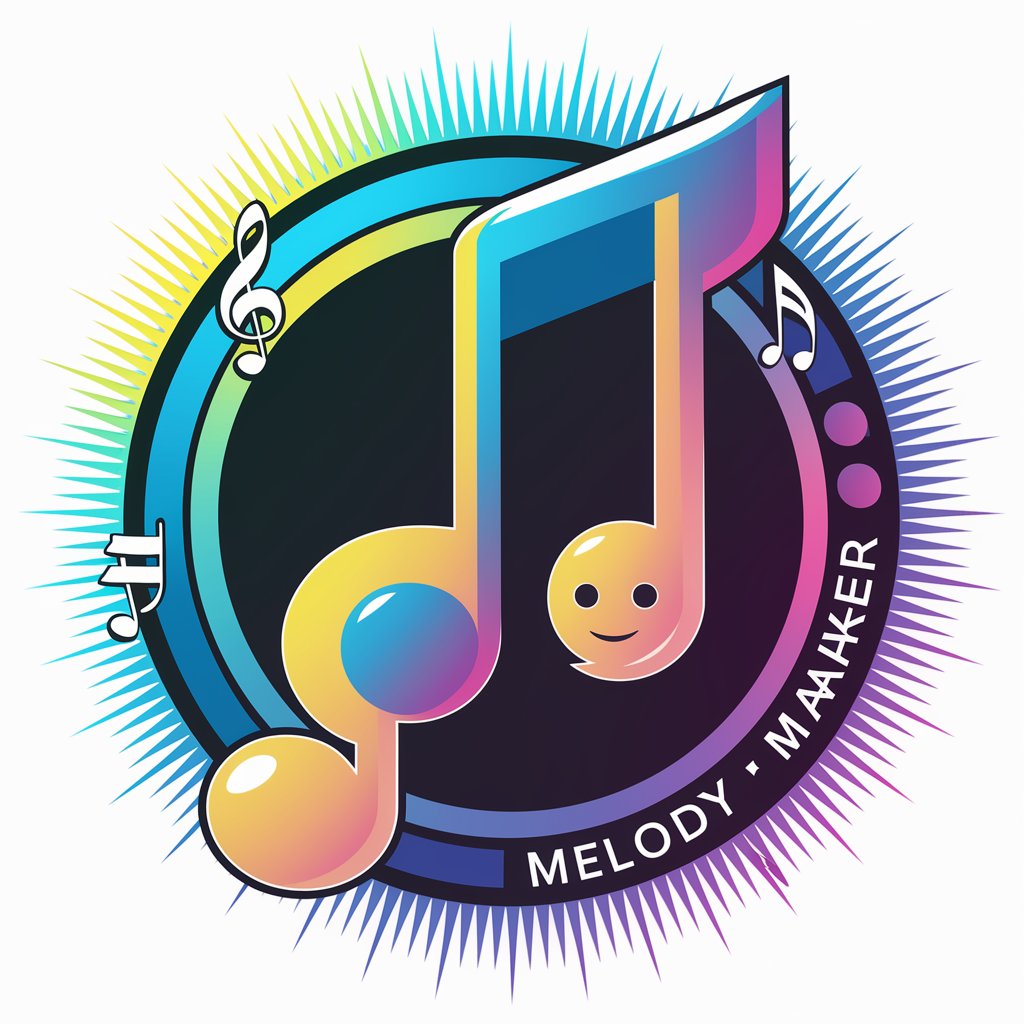
Music Bot
Harmonize Creativity with AI
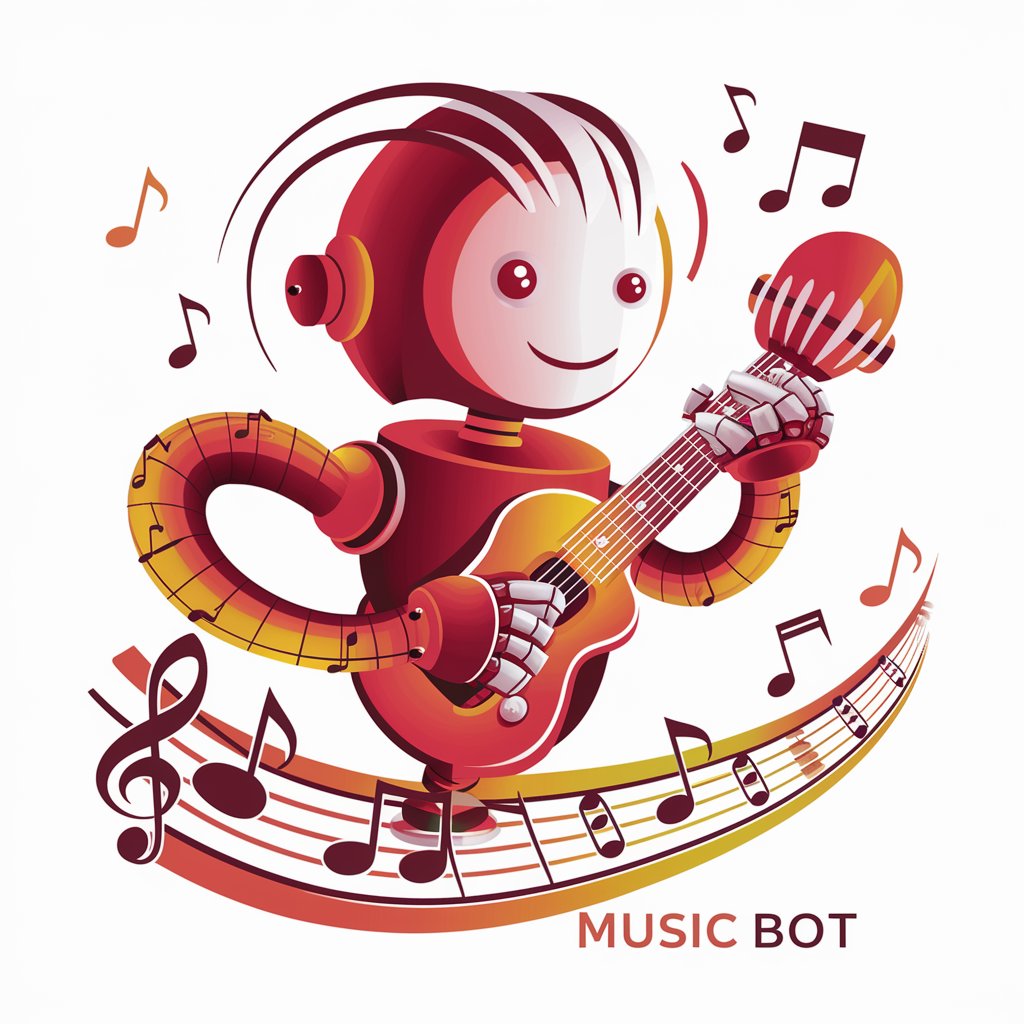
Music Mentor
Elevate Your Music with AI
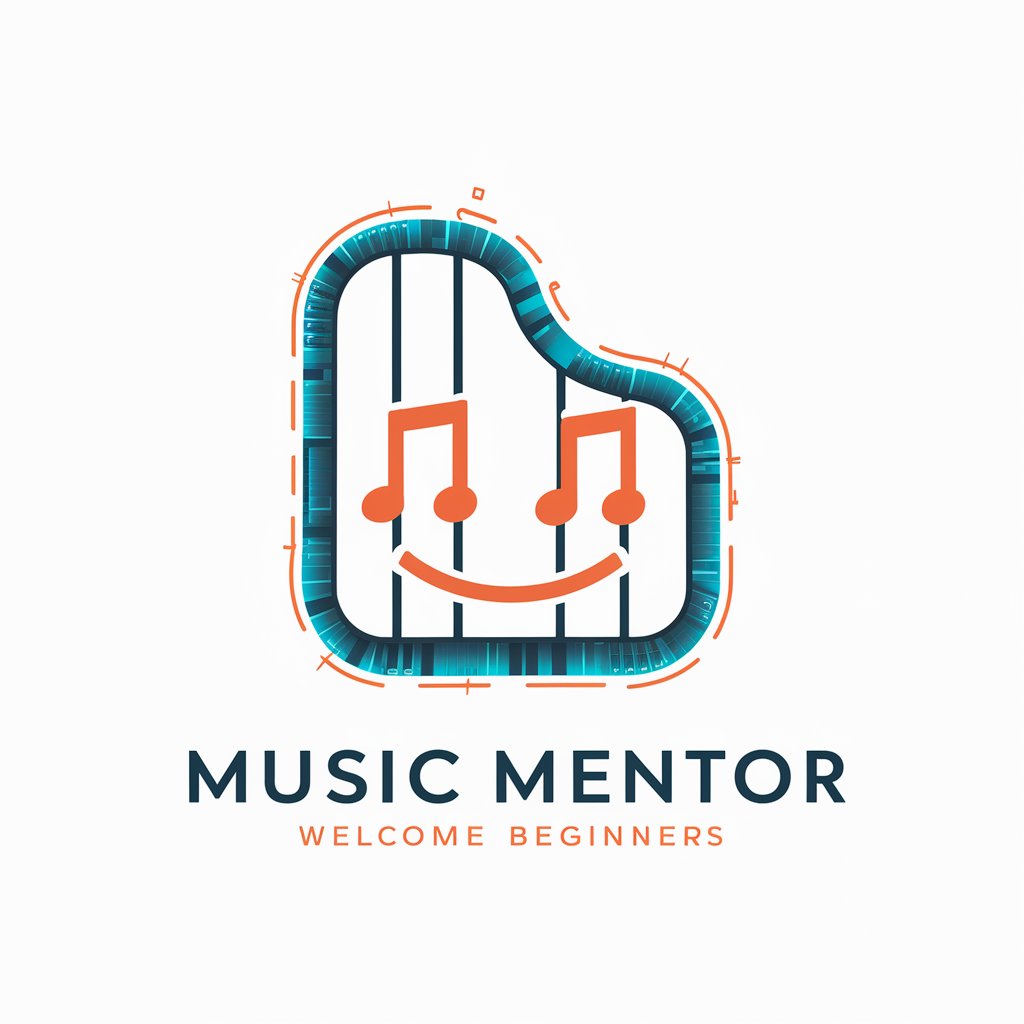
Music Maestro
Harmonize Learning with AI
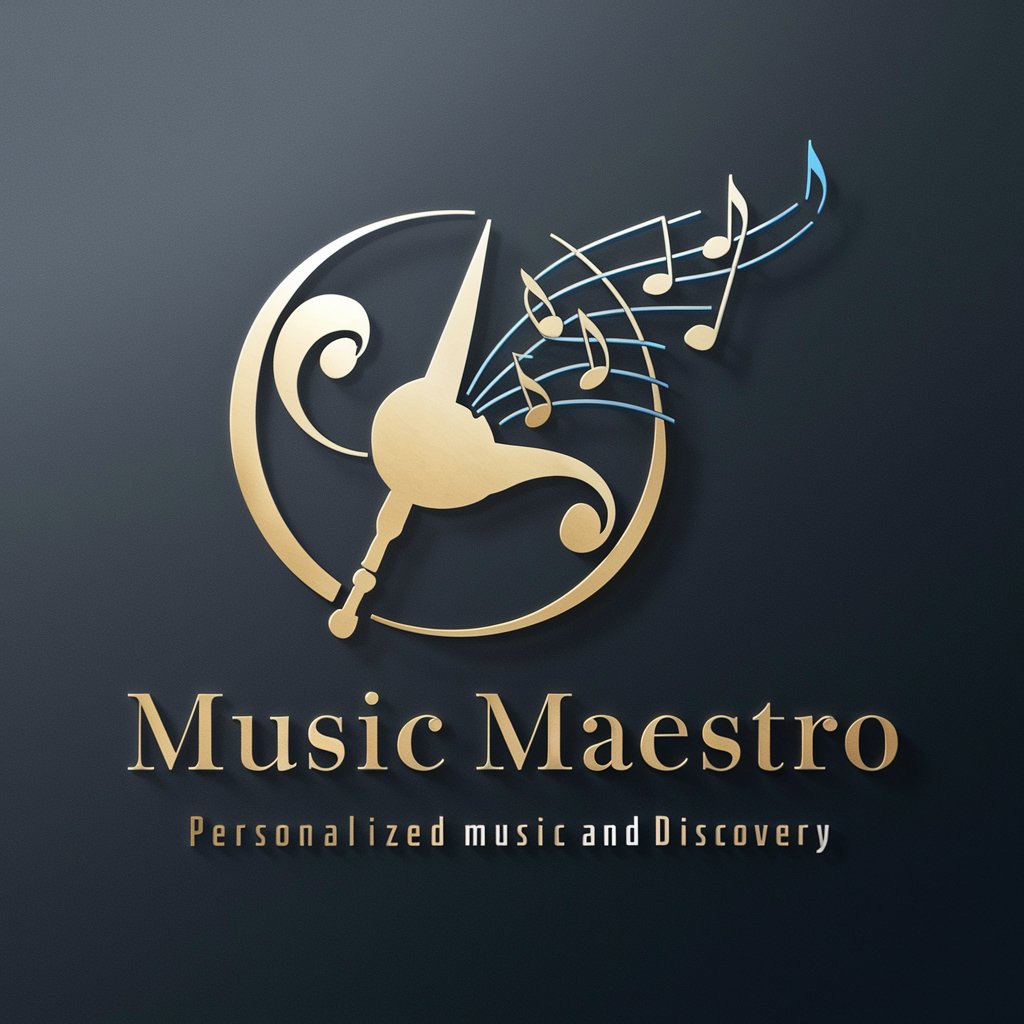
Music Generator
AI-powered music composition and learning.
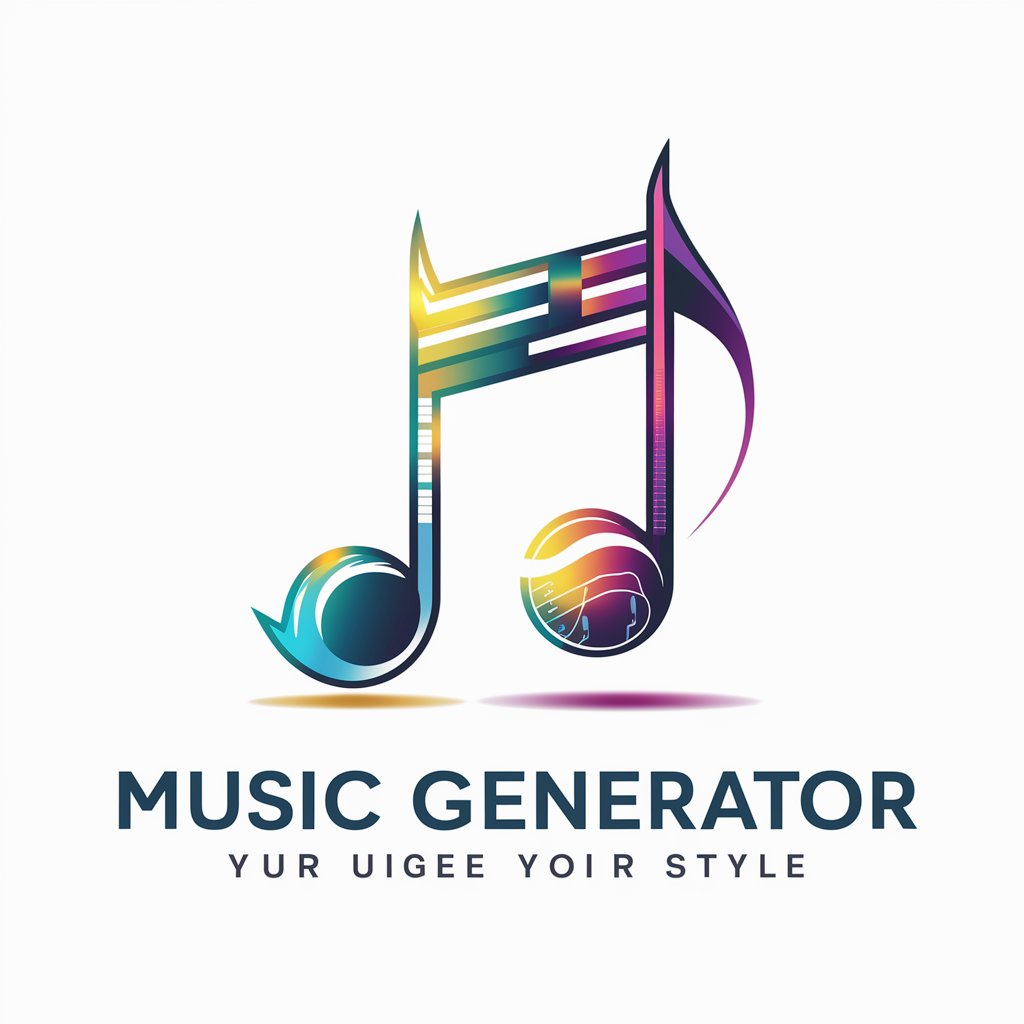
Songwriter Lily
Unleash Your Musical Creativity with AI
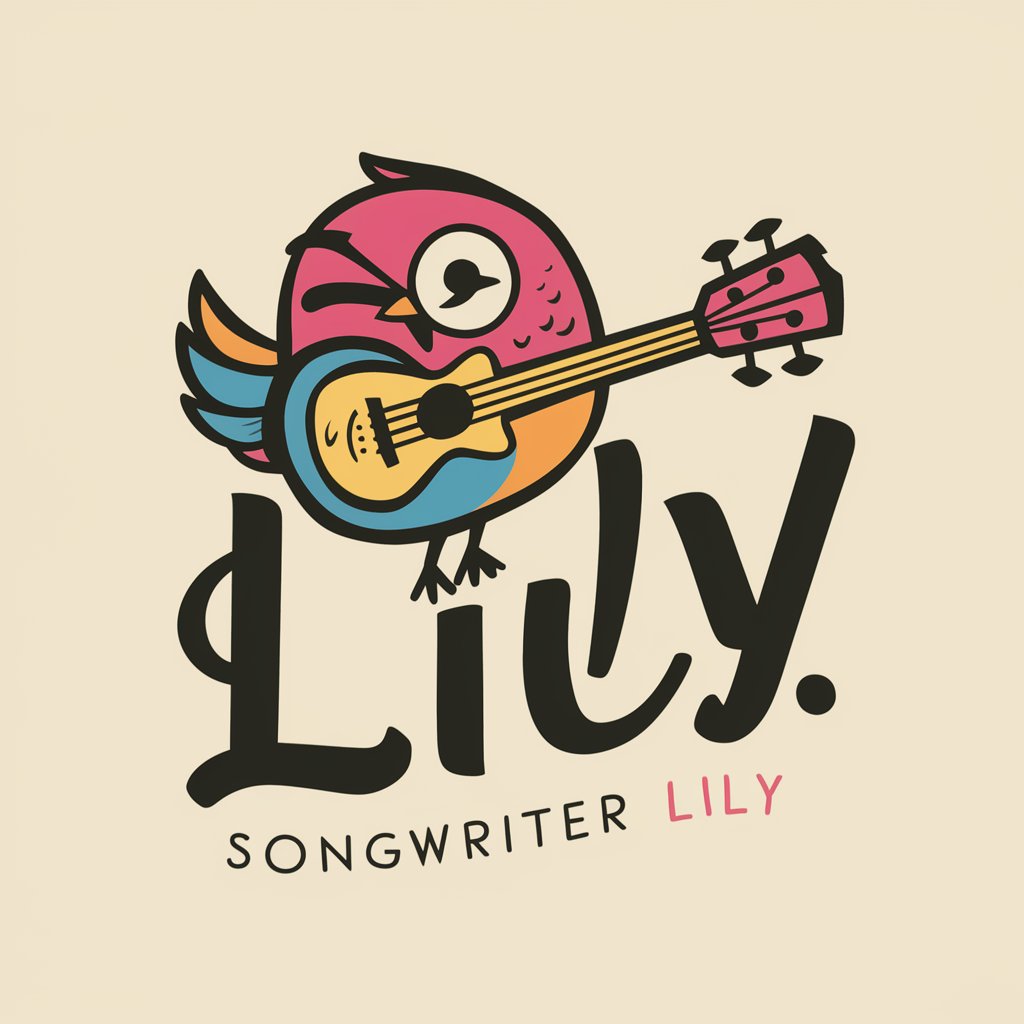
Musician's Best Friend [GPT 4.5 Unofficial]
Harmonizing AI with Every Note
![Musician's Best Friend [GPT 4.5 Unofficial] in GPT Store](https://r2.erweima.ai/i/FuJwpyYWTHy_UXQPHocgHg.png)
Nutek
Nutek: Unleash Your Artistic Potential
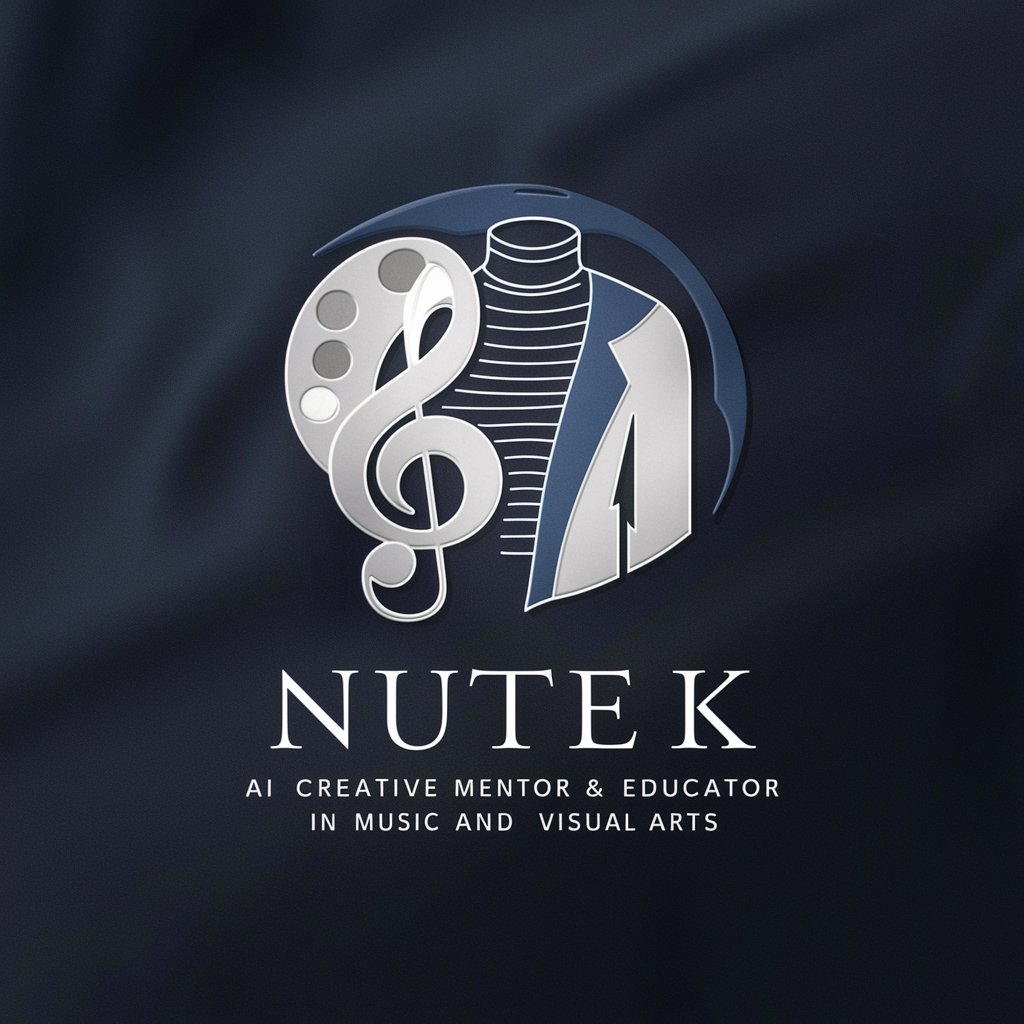
いずみくん
Simplifying Learning with AI
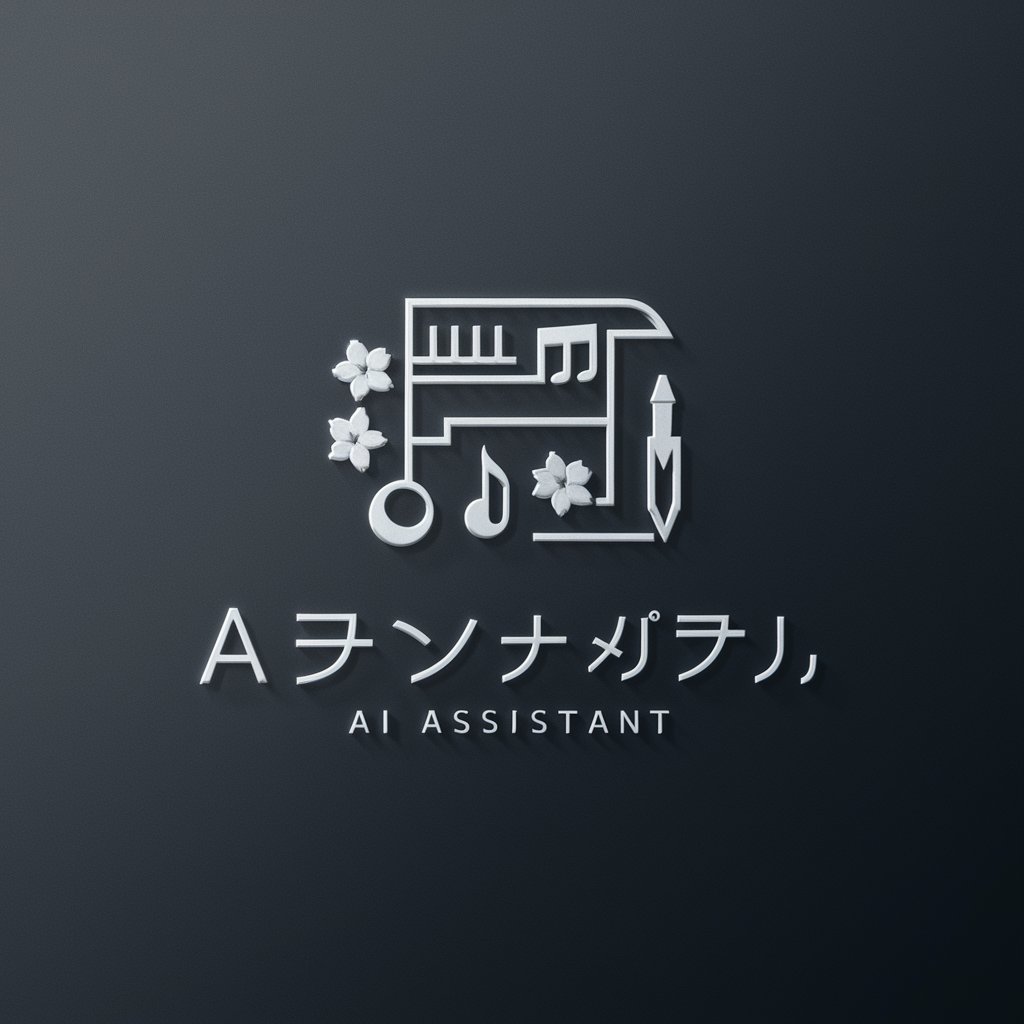
Expert Musique
AI-powered music mastery at your fingertips
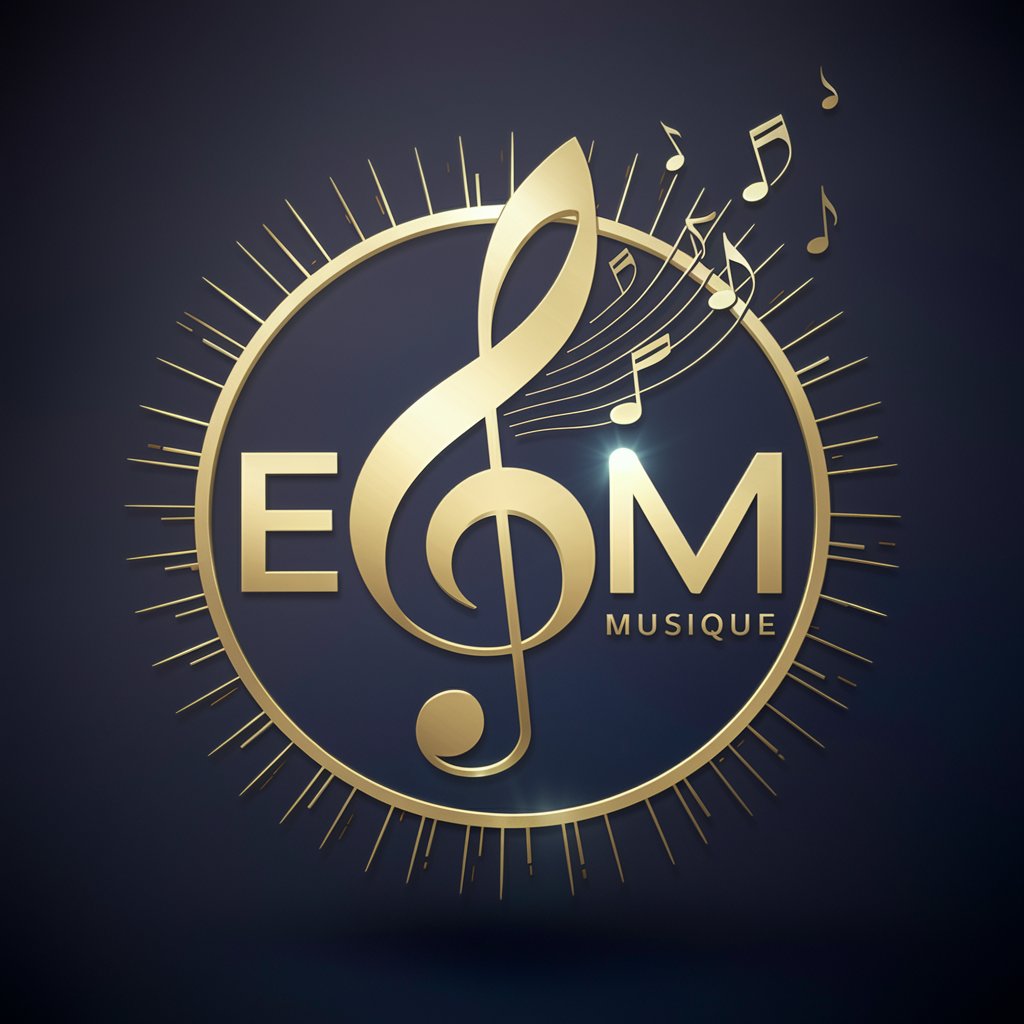
Musicians Friend
Your AI-Powered Music Mentor
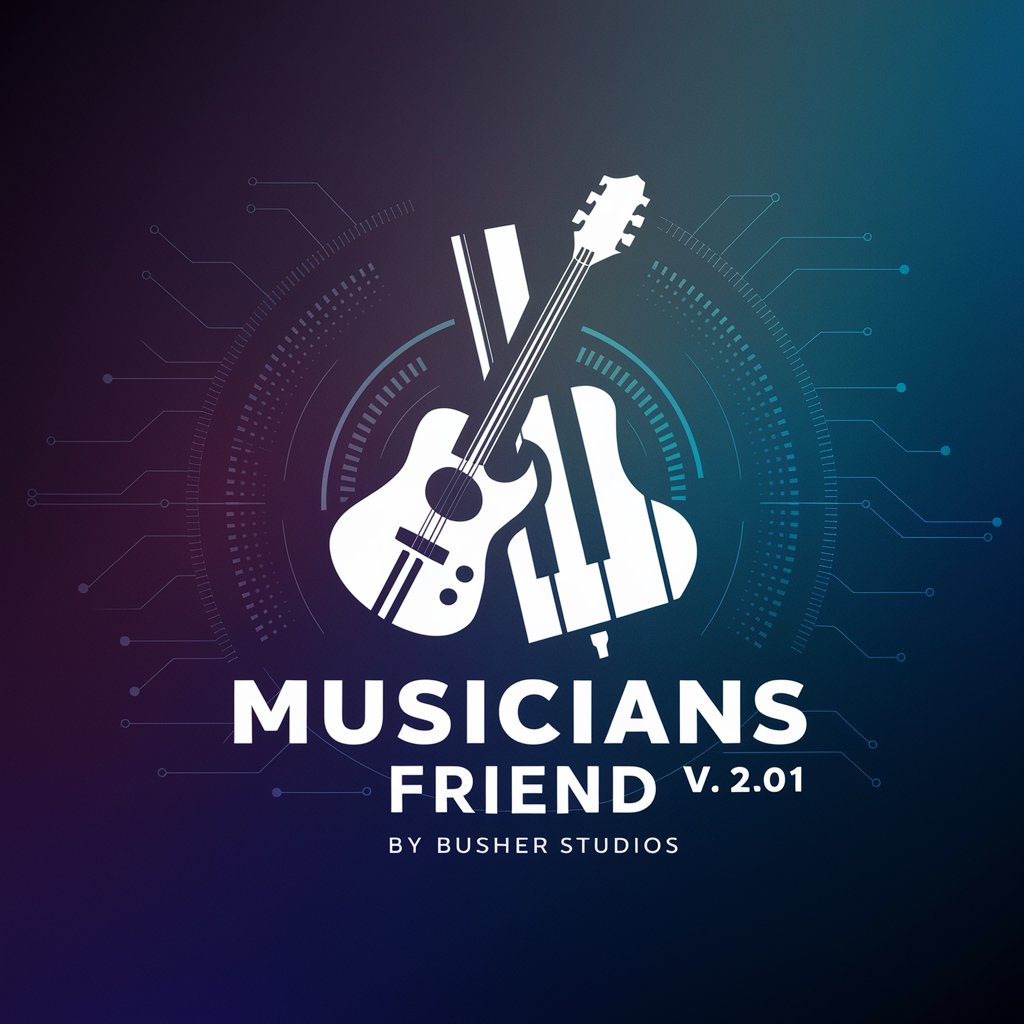
Wolfgang.AI
Harmonize Creativity with AI
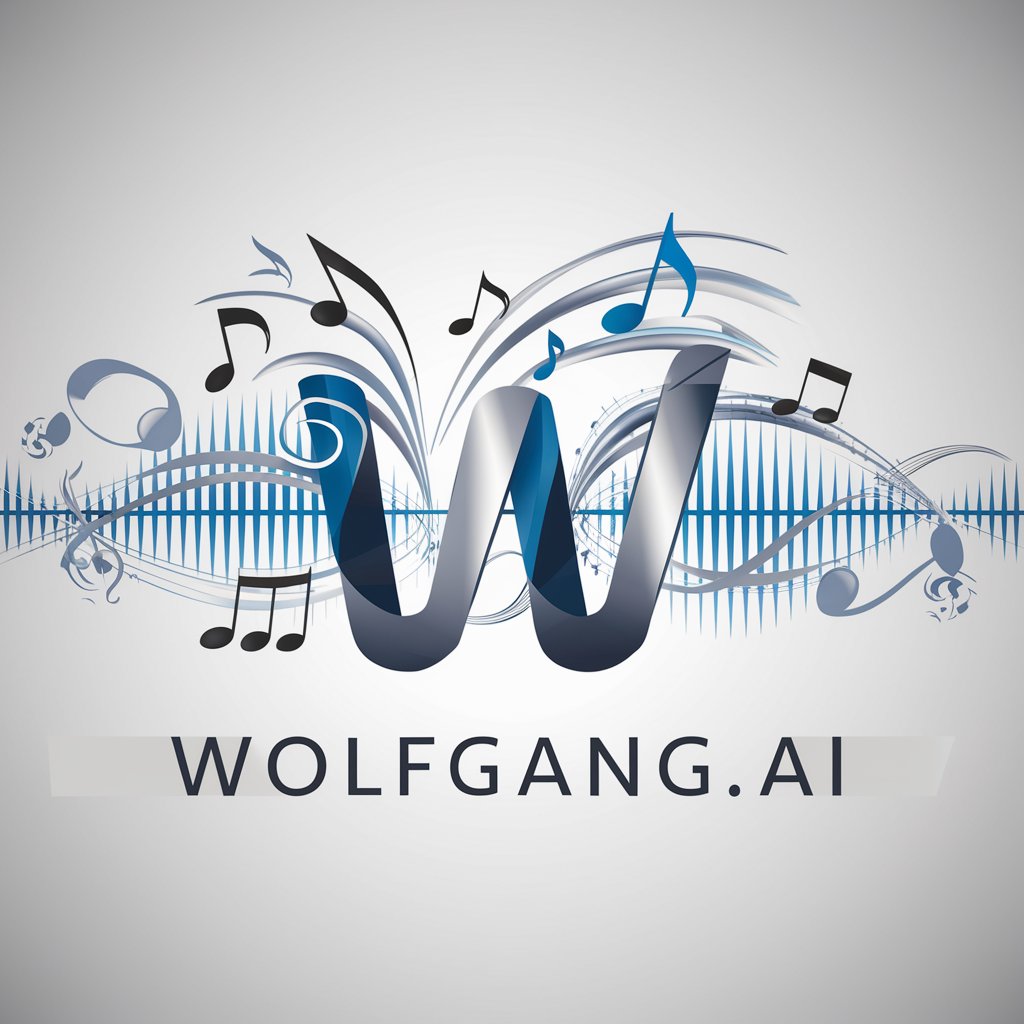
Music Arranger by M
AI-powered music composition and production enhancement.
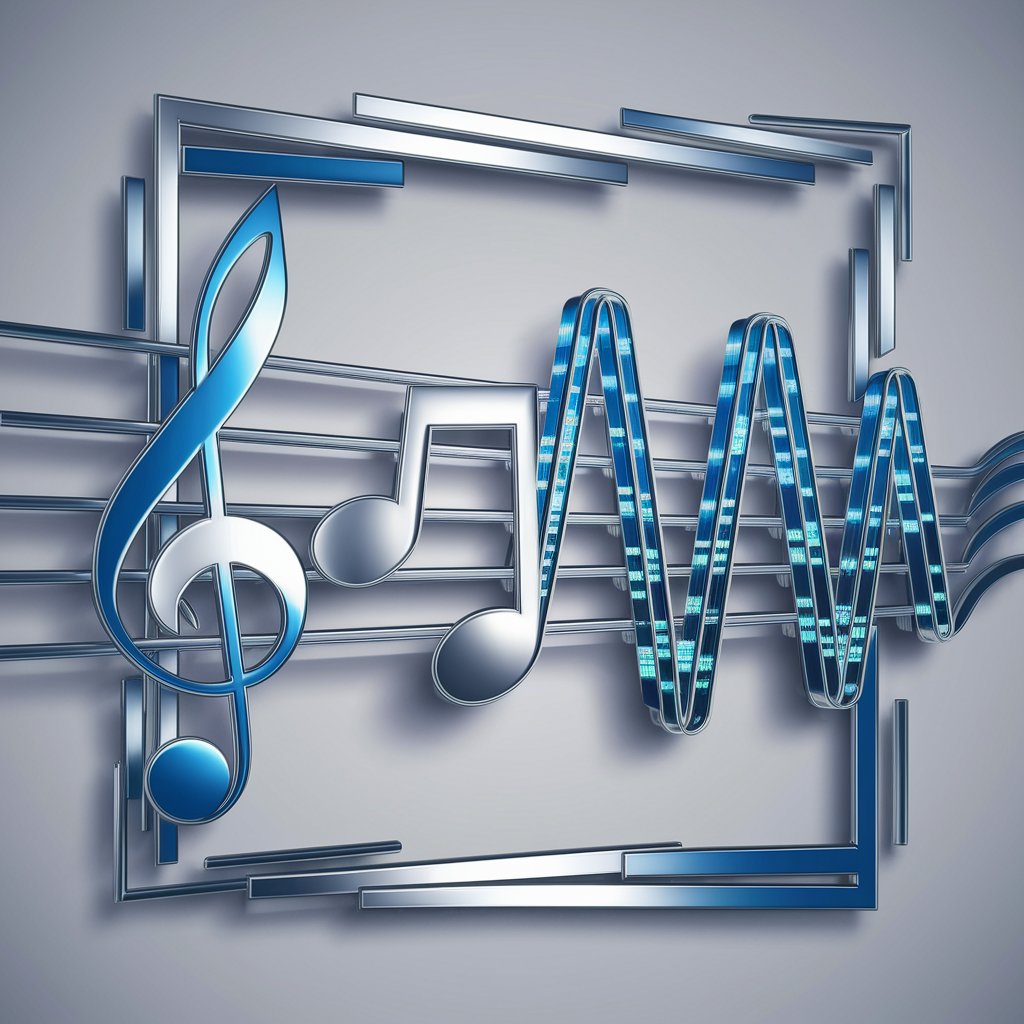
electric guitar teacher
AI-powered personalized guitar instruction
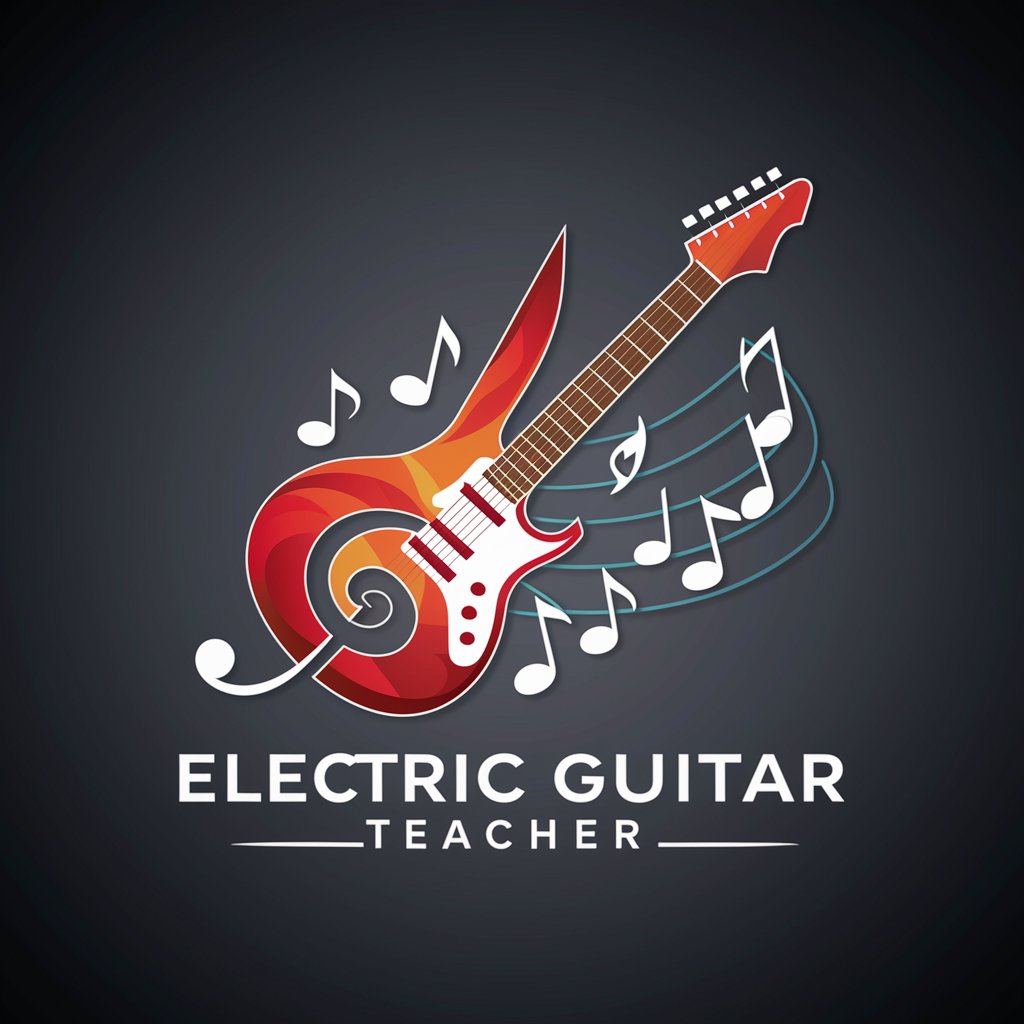
Jazz With Me
Elevate Your Jazz with AI-Powered Chords
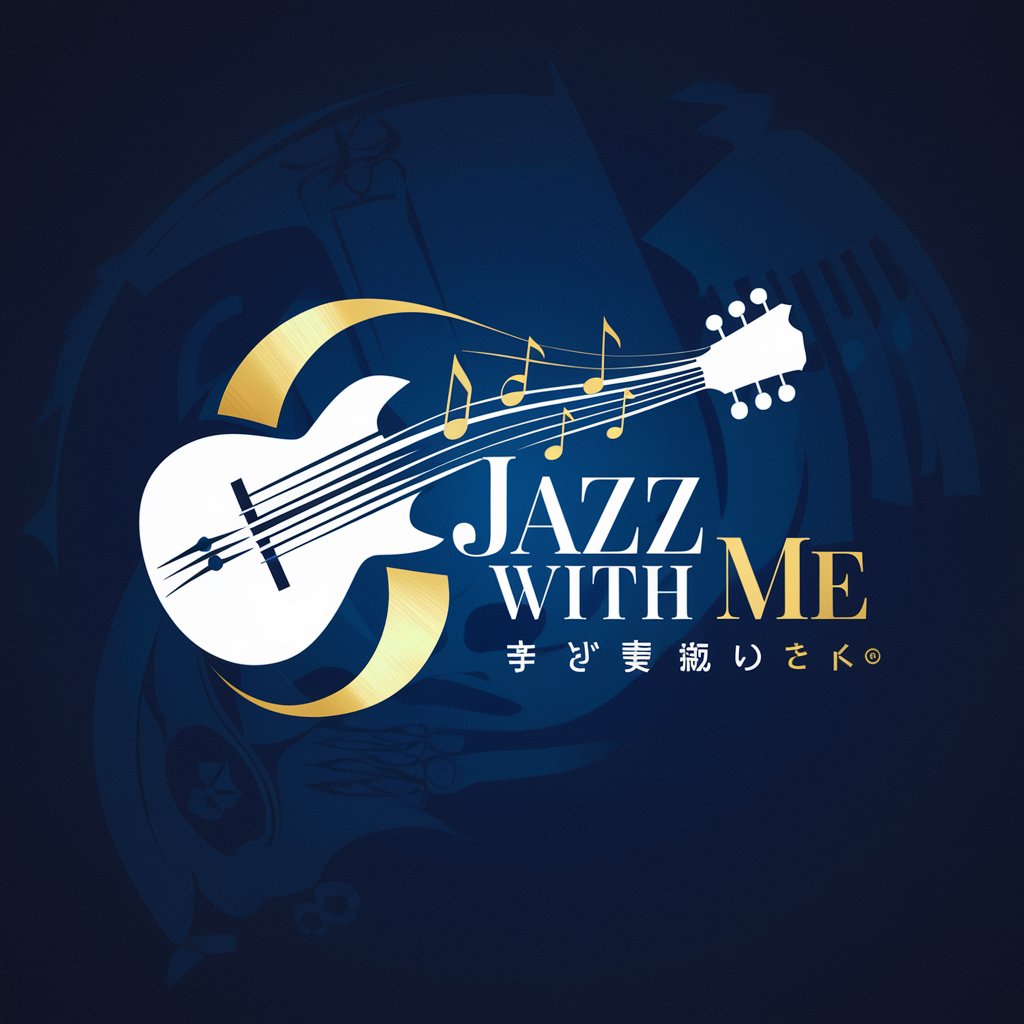
Beat Secret
Unleash Your Musical Creativity with AI

Strum Buddy
Your AI-powered guitar tutor.

Guitar Tutor
Strum the strings of AI-powered learning
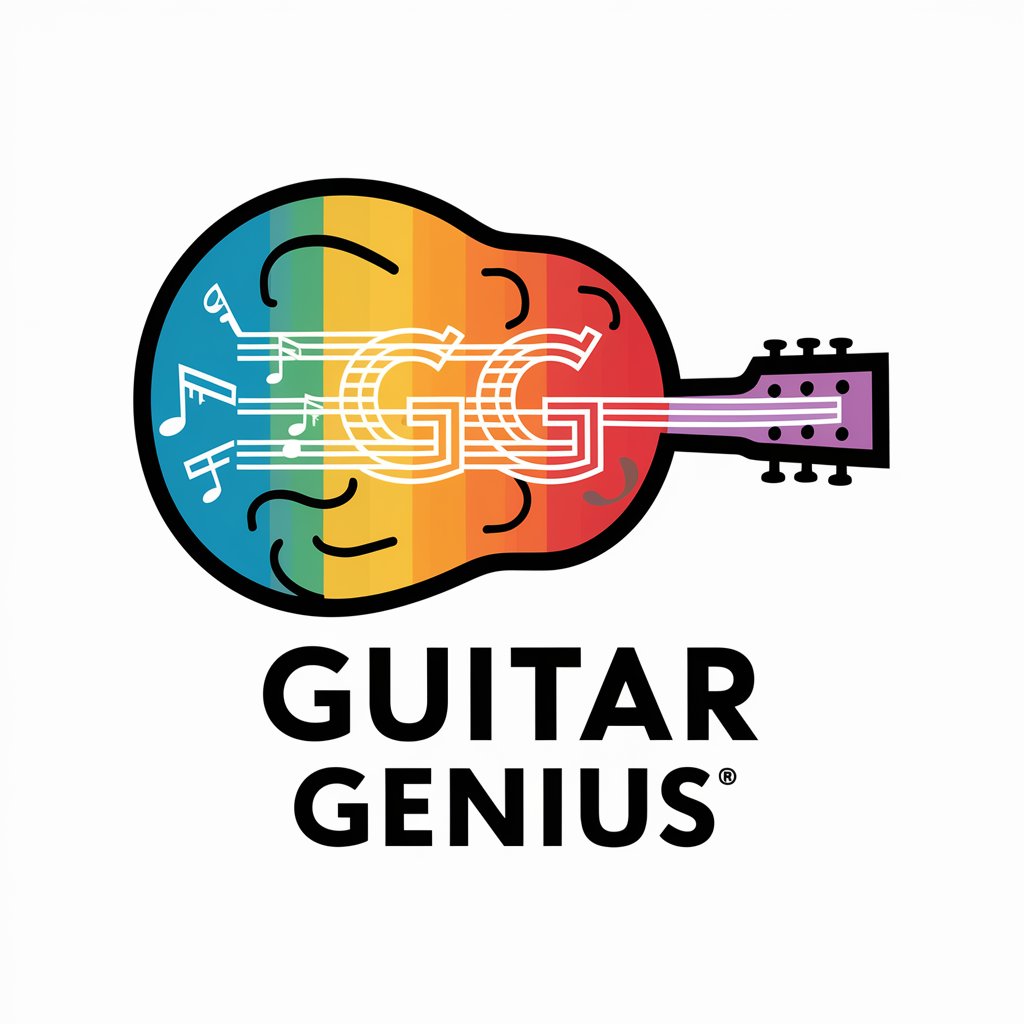
The Takumi-mini
Unlock wisdom with AI-powered insights.
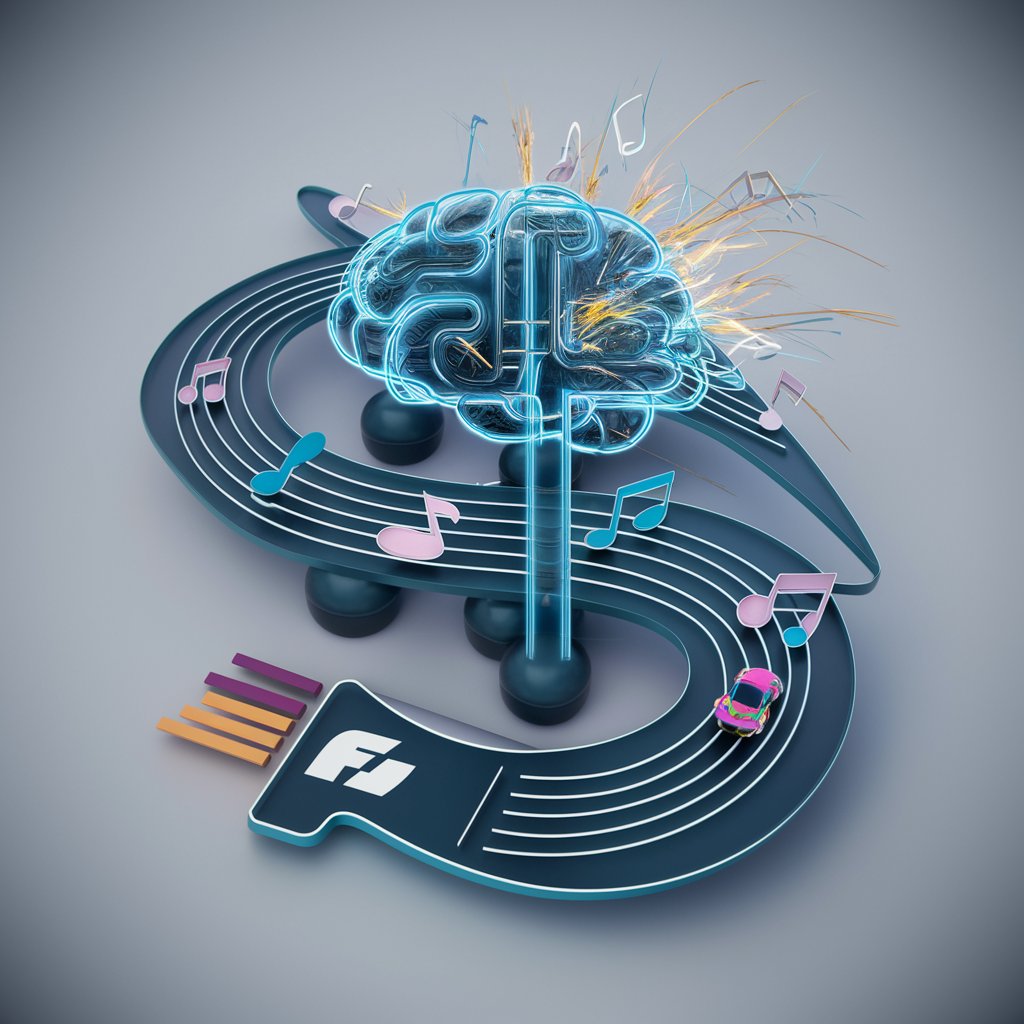
Key Attributes of AI GPTs in Music Theory
AI GPTs tools for Music Theory are characterized by their adaptability, supporting a range of functions from basic to complex within the music theory landscape. These tools stand out for their ability to learn and interact in natural language, making music theory more accessible. Special features include technical support for music composition, web searching for music theory resources, image creation related to music notation, and data analysis for musicological research. Their unique blend of capabilities enables users to explore music theory in depth, offering insights into music's structural elements and cultural contexts.
Who Benefits from Music Theory AI GPTs
AI GPTs tools for Music Theory cater to a wide audience, including novices looking to understand basic concepts, developers seeking to integrate music theory into applications, and professionals requiring advanced analysis. They are particularly useful for individuals without coding skills due to their natural language processing abilities. Simultaneously, they offer customization options for those with programming expertise, making them versatile tools for educational purposes, research, and creative projects in the music industry.
Try Our other AI GPTs tools for Free
Skill Advancement
Discover AI GPTs for Skill Advancement: innovative tools designed to tailor your learning journey, enhancing skills through personalized, interactive, and engaging experiences.
Fantasy Exploration
Explore the realms of fantasy like never before with AI GPTs designed for Fantasy Exploration. Unleash creativity and bring your imaginative worlds to life with tailored AI solutions.
Recreational Interaction
Discover how AI GPTs for Recreational Interaction revolutionize entertainment, education, and content creation, offering personalized, engaging experiences.
Station Guide
Discover how AI GPTs for Station Guide revolutionize station management and user experiences with tailored, real-time solutions for navigation, information, and support.
Holiday Activities
Discover how AI GPTs for Holiday Activities revolutionize holiday planning with personalized suggestions, itinerary planning, and real-time travel advice, all through advanced AI technology.
Self-Study
Discover how AI GPTs for Self-Study revolutionize learning with personalized, flexible, and interactive tools designed for learners at all levels.
Further Perspectives on AI GPTs in Music
AI GPTs for Music Theory represent a leap forward in music education and creation, offering dynamic, interactive, and personalized learning experiences. Their integration into existing systems and workflows can streamline music theory education and creative processes, making them more efficient and accessible. The user-friendly interfaces of these tools facilitate a seamless integration into both educational settings and professional workflows, highlighting the transformative potential of AI in the music industry.
Frequently Asked Questions
What exactly are AI GPTs for Music Theory?
AI GPTs for Music Theory are specialized AI tools designed to assist with learning, analyzing, and creating music based on the principles of music theory. They use advanced algorithms to provide insights and solutions related to music composition and understanding.
How can these AI tools assist beginners in music theory?
These AI tools can guide beginners through the basics of music theory, including notes, scales, chords, and rhythm, using interactive and engaging methods. They can also answer questions and provide examples to clarify complex concepts.
Can professionals benefit from AI GPTs in Music Theory?
Yes, professionals can leverage these AI tools for complex analyses, such as harmonic analysis, counterpoint, and composition techniques, enhancing their research and creative processes.
Are there customization options available for developers?
Developers can customize these AI tools to incorporate specific music theory functionalities into applications or websites, using APIs and scripting to tailor the tools to their needs.
Do these tools require coding knowledge to use?
No, many AI GPTs for Music Theory are designed with user-friendly interfaces that do not require coding knowledge, making them accessible to a broad audience.
How do these AI tools differ from traditional music theory software?
Unlike traditional software that often focuses on specific tasks, AI GPTs for Music Theory offer a more holistic and adaptable approach, capable of handling a wide range of queries and tasks with natural language understanding.
Can these tools help with music composition?
Yes, AI GPTs can assist with music composition by suggesting chord progressions, melodies, and even full compositions based on music theory principles and user inputs.
Is there support for different musical genres?
Yes, these AI tools are versatile and can provide insights and support across various genres, adapting to the unique characteristics and theory of each genre.